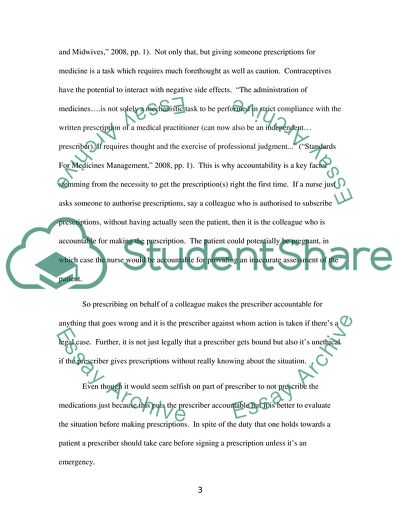Cite this document
(Principles of Law, Accountability and Ethics to a Patient-Prescribing Report, n.d.)
Principles of Law, Accountability and Ethics to a Patient-Prescribing Report. https://studentshare.org/medical-science/1749215-acritical-application-of-the-principles-of-law-accountability-and-ethics-to-a-patient-prescribing-scenario-from-medically-supervised-practice
Principles of Law, Accountability and Ethics to a Patient-Prescribing Report. https://studentshare.org/medical-science/1749215-acritical-application-of-the-principles-of-law-accountability-and-ethics-to-a-patient-prescribing-scenario-from-medically-supervised-practice
(Principles of Law, Accountability and Ethics to a Patient-Prescribing Report)
Principles of Law, Accountability and Ethics to a Patient-Prescribing Report. https://studentshare.org/medical-science/1749215-acritical-application-of-the-principles-of-law-accountability-and-ethics-to-a-patient-prescribing-scenario-from-medically-supervised-practice.
Principles of Law, Accountability and Ethics to a Patient-Prescribing Report. https://studentshare.org/medical-science/1749215-acritical-application-of-the-principles-of-law-accountability-and-ethics-to-a-patient-prescribing-scenario-from-medically-supervised-practice.
“Principles of Law, Accountability and Ethics to a Patient-Prescribing Report”. https://studentshare.org/medical-science/1749215-acritical-application-of-the-principles-of-law-accountability-and-ethics-to-a-patient-prescribing-scenario-from-medically-supervised-practice.


